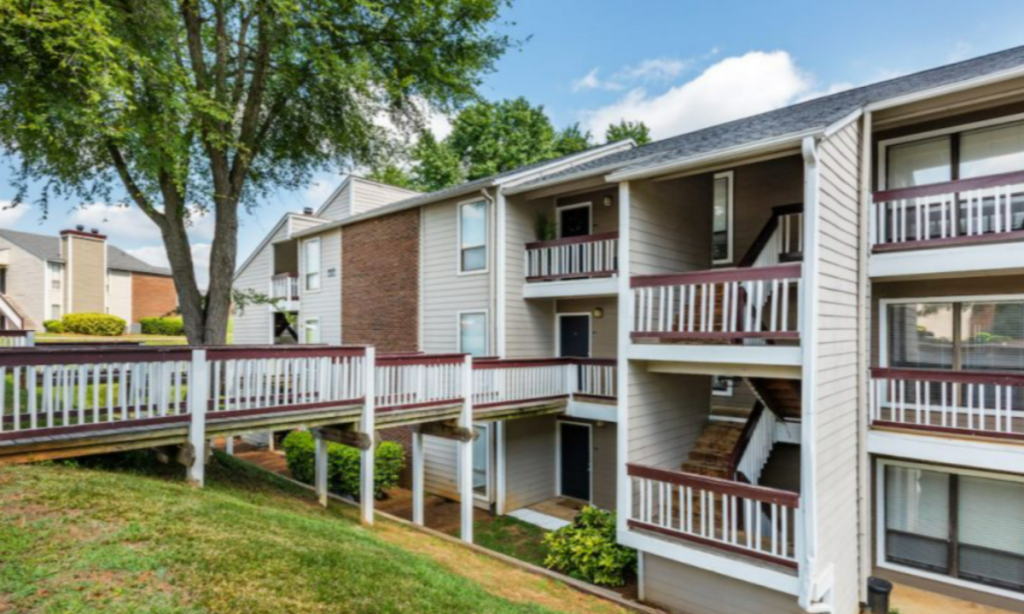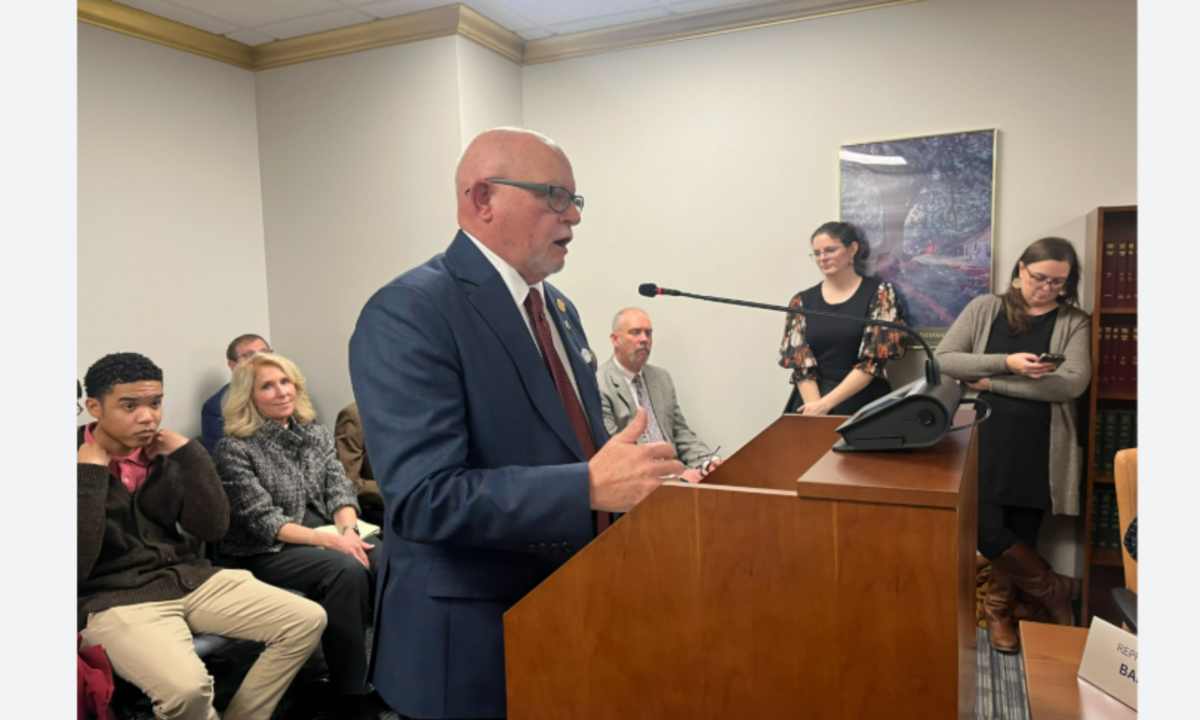In a significant move to address Indiana’s housing shortage, the Indiana House Committee recently voted to increase the state’s housing fund by $25 million. The additional funding is aimed at incentivizing housing construction, particularly in rural communities, and will also allow for improvements in infrastructure needed for housing projects.
This vote on House Bill 1005 came on January 27, 2025, and highlights a growing concern over the lack of affordable housing in Indiana, especially in rural areas. The bill’s sponsors, including Rep. Doug Miller from Elkhart, believe that the funding boost will help provide much-needed housing in these communities while making construction more efficient.
The Purpose of the Bill
Rep. Doug Miller, a homebuilder himself, emphasized the impact of the initial rounds of funding, stating that $82 million had already supported the construction of around 3,350 housing units. “When you compare these numbers to the total number of permits in the state of Indiana each year, these are impressive numbers that will help bring housing to our communities,” Miller said.
House Bill 1005 aims to focus additional funds on multifamily housing and density-friendly projects. This includes offering incentives for building homes that better fit the needs of communities, such as homes that can accommodate more people in less space, a vital step for rural areas where housing demand is growing.
Private Inspectors for Faster Construction
Another key part of the bill would allow homebuilders to use private providers to perform inspections if local government agencies cannot accommodate inspection requests within ten days. These private inspectors could include licensed architects, certified building officials, and home inspectors.
Rep. Miller noted that the goal of this provision is to reduce the burden on local governments without compromising the quality of inspections. “We want to make sure the inspections are done on time, but also that we don’t sacrifice quality,” he explained.

While this could lead to higher costs, as private providers generally charge more than government-employed inspectors, Miller mentioned that seven other states already allow private providers to conduct inspections. However, the provision would be optional, meaning local communities could still use government-employed inspectors if they prefer.
The provision was met with some concern from groups like Accelerate Indiana Municipalities (AIM), which represents Indiana’s cities and towns. AIM testified as neutral on the bill, but Rep. Chris Campbell of West Lafayette, the only “no” vote in the committee, raised concerns about the impact of private inspections.
The Housing Crisis in Indiana
Indiana is facing a housing affordability crisis. According to Maggie Shane, representing the Indiana Association of Realtors, the median home price in Indiana has now risen to $244,000, while the cost of building new homes is much higher—around $379,000.
Shane expressed concern over how the rising prices are affecting the dream of homeownership. “New, single-home construction demand is so high that we expect to need 143,000 new single-family homes between now and 2028,” Shane said. This need is 30% higher than the current rate of construction in the state.
Support for the Bill
The bill has garnered strong support from various groups, including the state homebuilder association, architects, and even medical device manufacturers, all of whom testified in favor of the proposal. With the $25 million increase in funding, supporters believe this is a positive step towards solving Indiana’s housing shortage.
However, some challenges remain. While the bill passed the House Committee on an 11-1 vote, it still needs to be discussed and voted on by the Ways and Means Committee before moving forward.
What’s Next?
With the bill advancing through the legislative process, the next step is for the Ways and Means Committee to review it and decide whether to approve it for a full vote in the House. If passed, the $25 million in additional funding could go a long way in providing much-needed housing in Indiana’s rural areas and addressing the state’s growing demand for affordable housing.
Disclaimer—Our team has checked this article to ensure its accuracy and eliminate any misinformation. We are committed to providing clear and reliable information for our readers.




